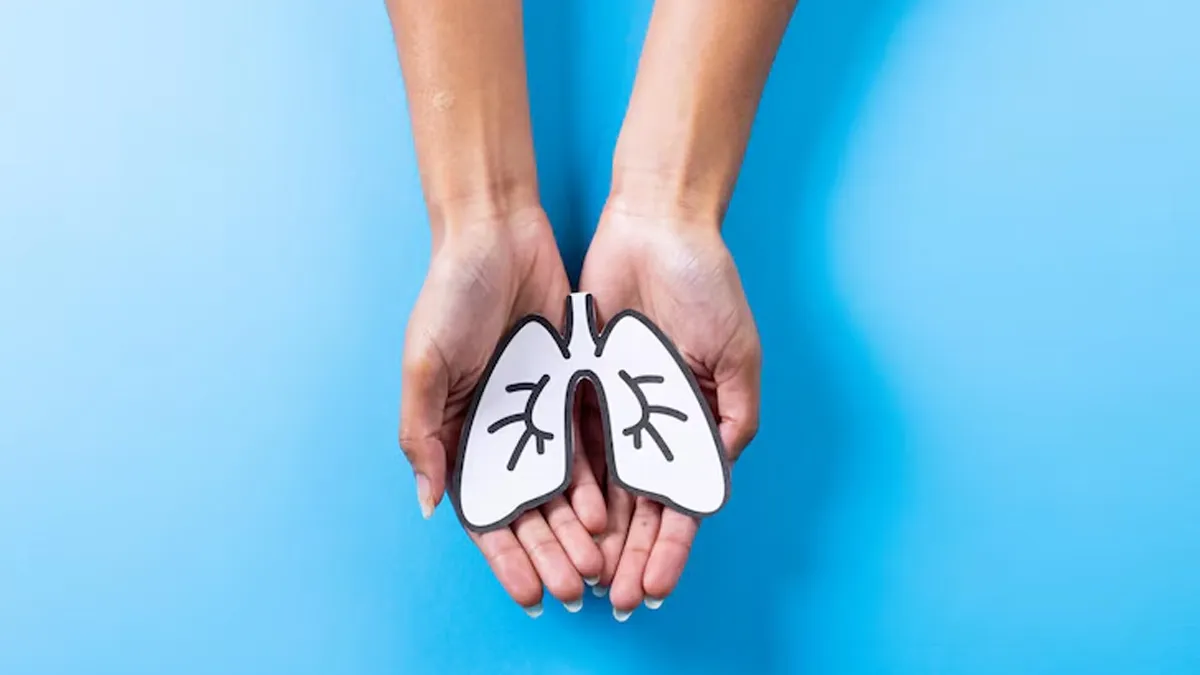
Air pollution has become an unavoidable reality nowadays and protecting your lungs is more crucial than ever. The harmful toxins and particulate matter in polluted air can wreak havoc on respiratory health, leading to inflammation, reduced lung capacity, and even chronic conditions.
Table of Content:-
According to the World Health Organisation (WHO), air pollution increases the risk of conditions such as stroke, heart disease, obstructive pulmonary disease (COPD), lung cancer and pneumonia. It also causes adverse pregnancy outcomes, diabetes and neurological diseases.
While wearing masks and using air purifiers can help reduce exposure, what you eat also plays a vital role in safeguarding your lungs. Certain nutrient-rich foods are packed with antioxidants, vitamins, and minerals that can bolster your lung health, reduce inflammation, and improve your body’s ability to combat environmental toxins. To understand how nutrient rich food can help in strengthening your lungs amid increasing pollution, OnlyMyHealth interacted with Srishti Goyal, Msc Food Nutrition and Dietetics, Dietician, Ujala Cygnus Group of Hospitals.
Here are five powerhouse foods that can help support your lungs amidst rising air pollution.
1. Leafy green vegetables
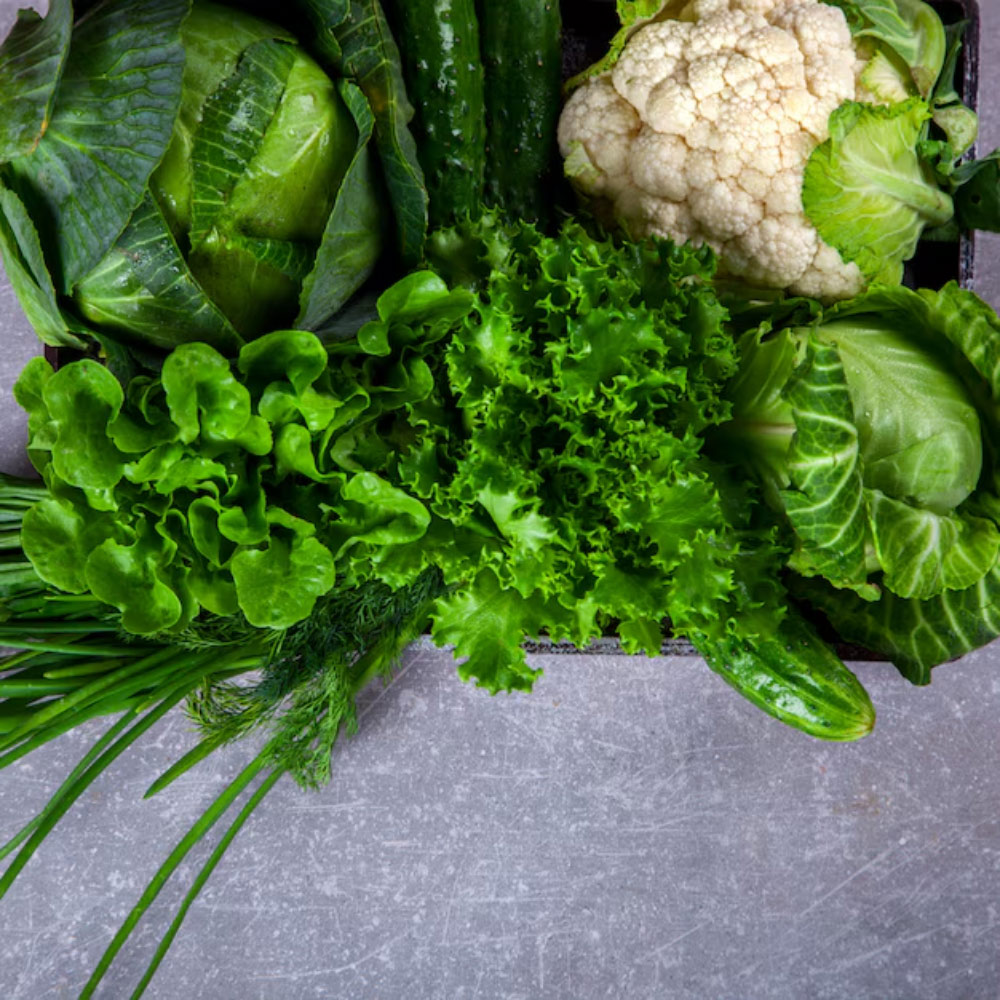
According to WebMD, Green Vegetables like arugula, spinach, kale, and swiss chard,are rich in antioxidants and vitamins, such as vitamin C and E. “These vegetables can help protect the lungs from oxidative damage caused by pollutants,” Goyal said.
Also read: Healthy Lungs: Doctor Recommends 10 Tips For Maintaining Stronger Lungs
2. Citrus Fruits, source of Vitamin C
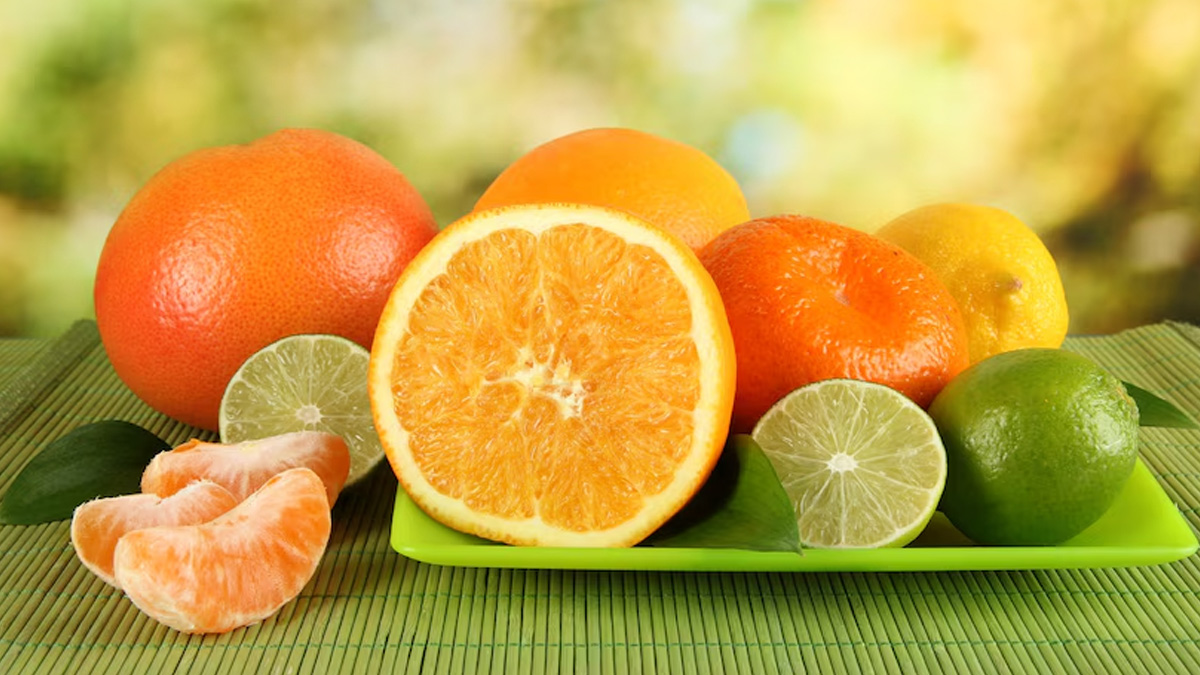
Fruits such as oranges, lemons, and grapefruits are excellent sources of vitamin C, and according to Goyal, these fruits help in boosting the immune system and reduce inflammation in the lungs. According to the studies citrus fruits boost the immune system and decrease the risk of getting lung cancer by 9%.
3. Nuts and Seeds
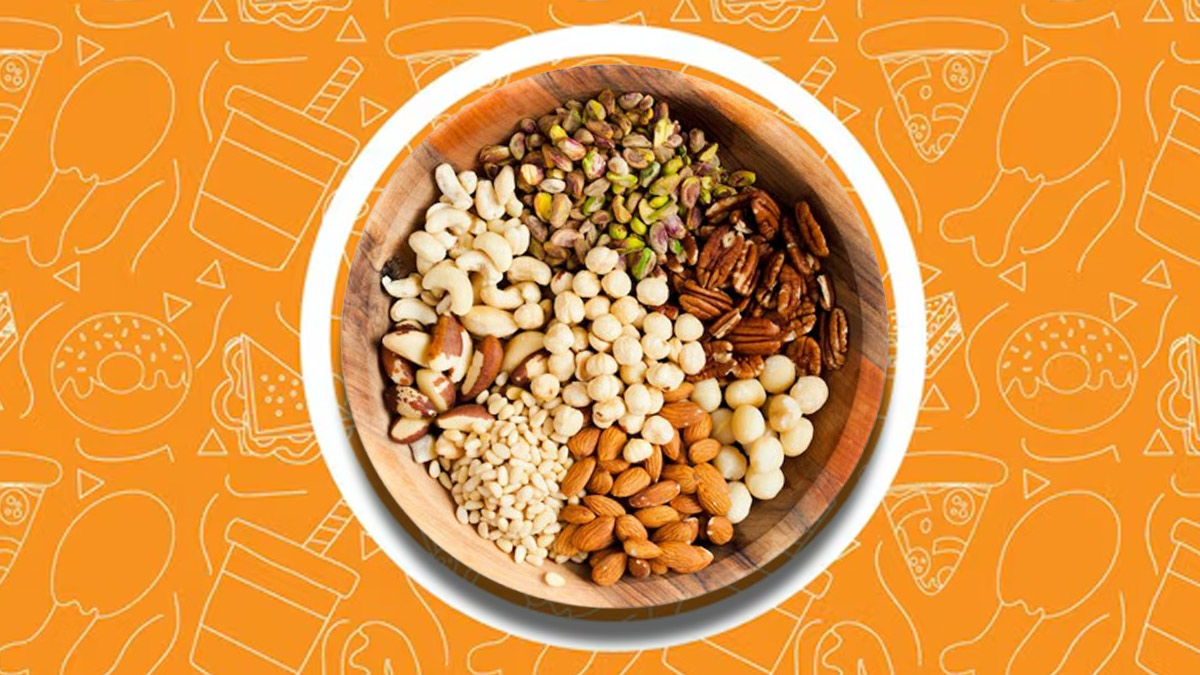
Almonds, walnuts, and flaxseeds are high in omega-3 fatty acids and vitamin E. Goyal notes that these nutrients combat inflammation in the respiratory system and provide a protective shield against oxidative stress caused by air pollution.
4. Turmeric
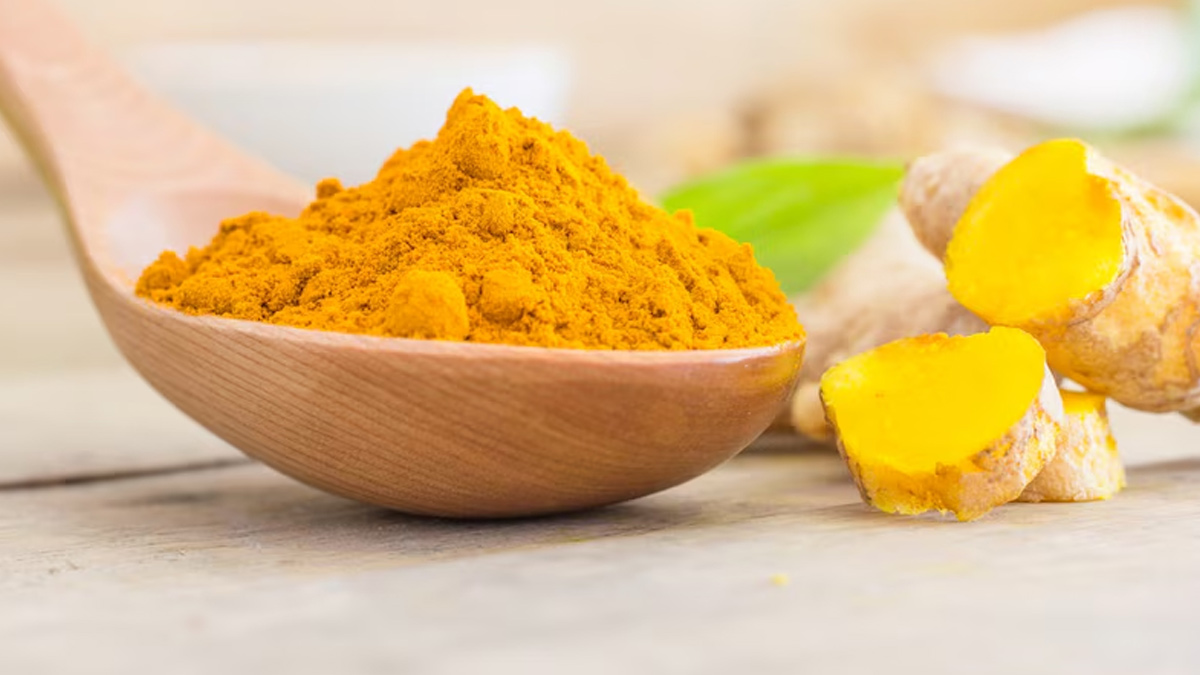
Turmeric, with its active compound curcumin, is a powerful anti-inflammatory and antioxidant. “It helps reduce swelling in the airways and neutralises harmful free radicals,” Goyal said. It can also keep several ailments that can be caused by polluted air, at bay.
Also read: Peppermint For Respiratory Health: Expert Lists Benefits Of Peppermint And How To Use It
5. Apples
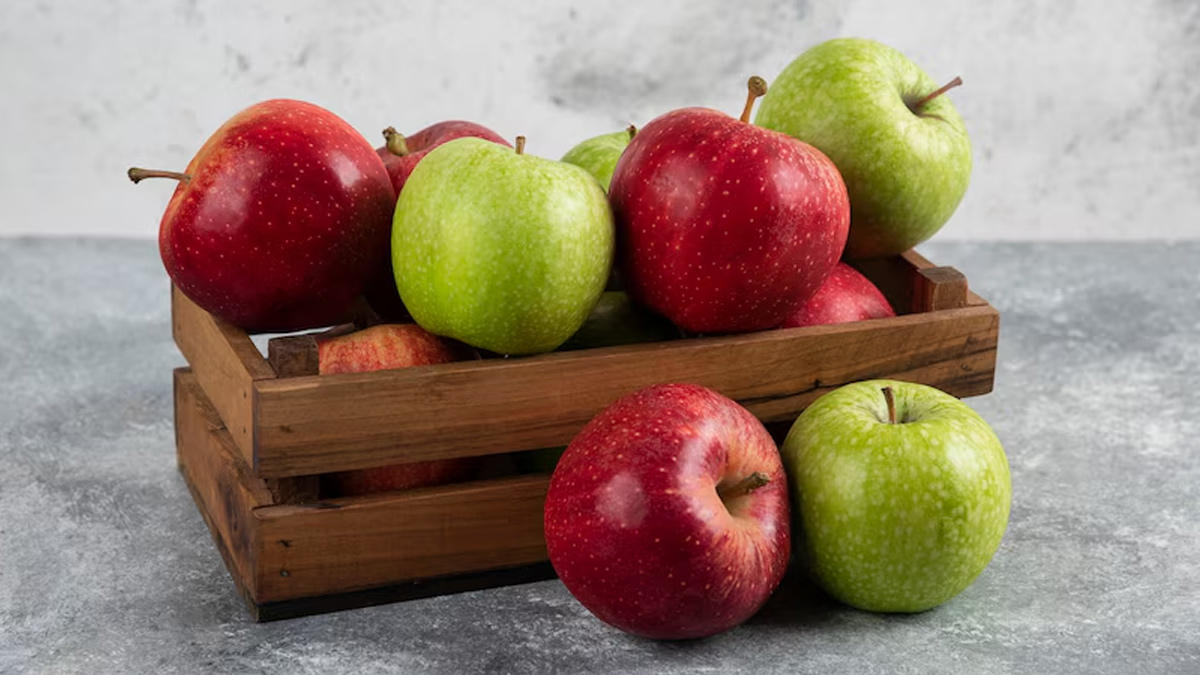
An apple a day not just keeps a doctor away, but also keeps your lungs stronger to fight against harmful pollutants. “Apples are rich in antioxidants like quercetin. Apples improve lung function and reduce the risk of respiratory problems. Their fibre content also aids in detoxifying the body,” Goyal said.
In the fight against air pollution’s harmful effects, maintaining a healthy diet plays an important role in promoting lung health in combating the effects of air pollution. Incorporating healthy foods such as green leafy vegetables, citrus fruits, nuts, seeds, turmeric, and apples into your daily diet can help your body breathe and reduce the pain caused by pollution.
These foods do not eliminate all risks, they do provide important nutrients that improve lung function and support the body's natural defences. A healthy diet, along with other preventive measures such as staying indoors when pollution levels are high and using air filters, can help you breathe easier and stay healthy during pollution.
Also watch this video
Read Next
Power Of Vinegar: How To Use Apple Cider, Balsamic, And Wine Vinegar for a Healthier Lifestyle
How we keep this article up to date:
We work with experts and keep a close eye on the latest in health and wellness. Whenever there is a new research or helpful information, we update our articles with accurate and useful advice.
Current Version
